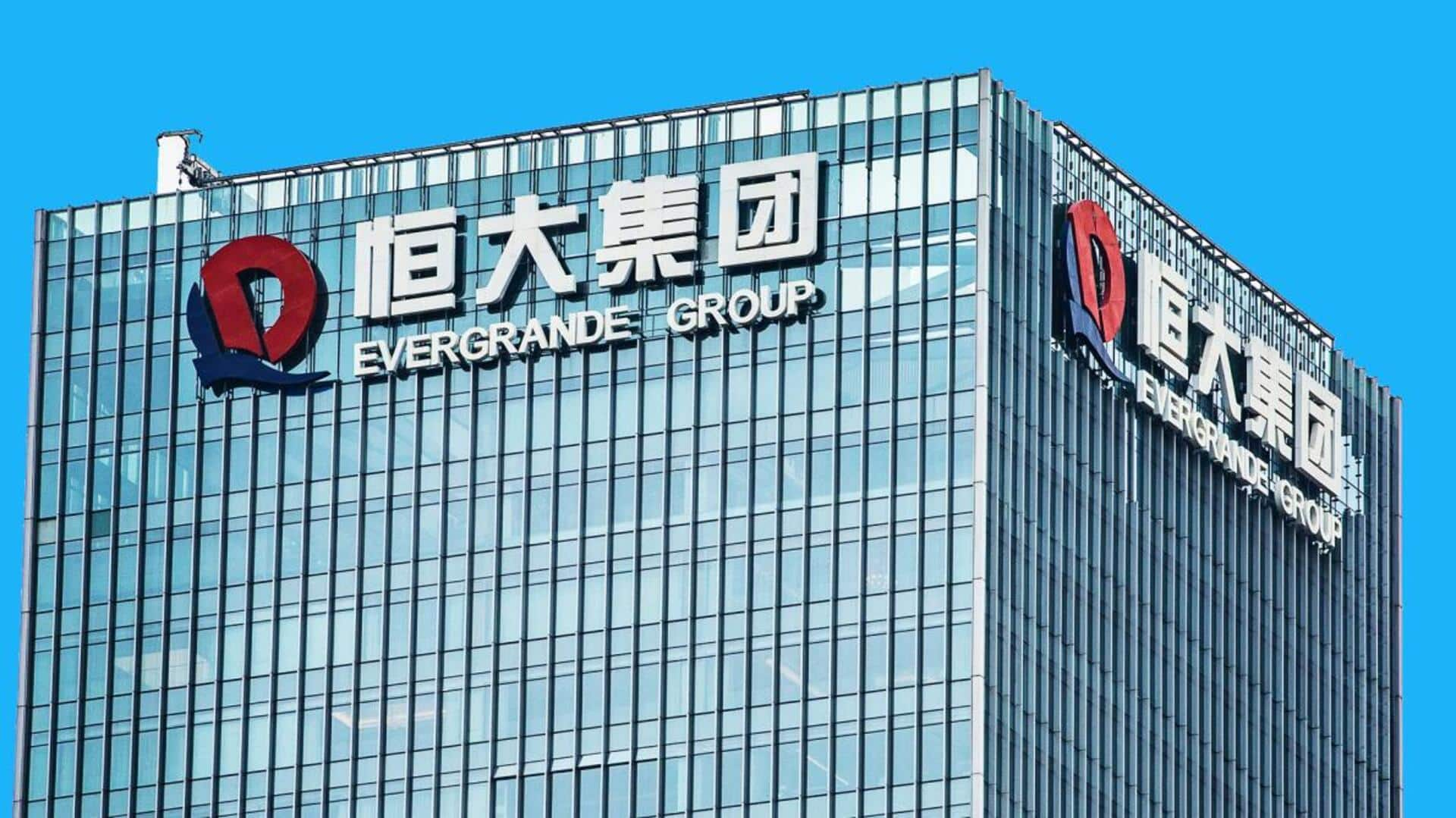
China's property behemoth Evergrande files for bankruptcy protection in US
What's the story
China Evergrande Group, a real estate behemoth with over $300 billion in liabilities, has filed for Chapter 15 bankruptcy protection in New York. This strategic move protects the company from US creditors as it negotiates a restructuring deal. The outcome of this deal could have far-reaching consequences for China's $60 trillion financial system, impacting banks, trusts, and millions of homeowners. The real estate giant first defaulted in 2021. This triggered a broader property crisis in China.
Details
Evergrande has been working on restructuring the debt
For months, Evergrande has been working on an offshore debt restructuring plan but has faced challenges in securing the necessary support from creditors. In April, the company revealed that it had not yet obtained the required backing. However, in July, Evergrande received court approval to hold votes on the deal. As the company continues to work toward a resolution, it has rescheduled scheme meetings for creditors until August 28.
What Next?
The property crisis might affect other parts of Chinese economy
In an effort to remain operational, Evergrande's electric vehicle (EV) unit agreed to sell a 28% stake to Dubai-based start-up NWTN Inc. This agreement could potentially bolster Evergrande's debt plan. Evergrande is presently the world's most indebted property developer. Its Chapter 15 filing comes amid concerns about the property crisis spilling over to other parts of the Chinese economy. China has been trying to ease the crisis by offering loans to developers, cutting mortgage rates, and removing red tape.
Insight
China's property sector has been struggling since Evergrande's default
The real estate sector has been vital to China's rise as an economic powerhouse. According to estimates, real estate and related industries are responsible for about 30% of China's GDP. However, the country's property market has been in a free fall since Evergrande's default two years ago. Since then, multiple property companies have defaulted. Recently, Country Garden, one of China's largest developers, struggled to make payments on dollar bonds.